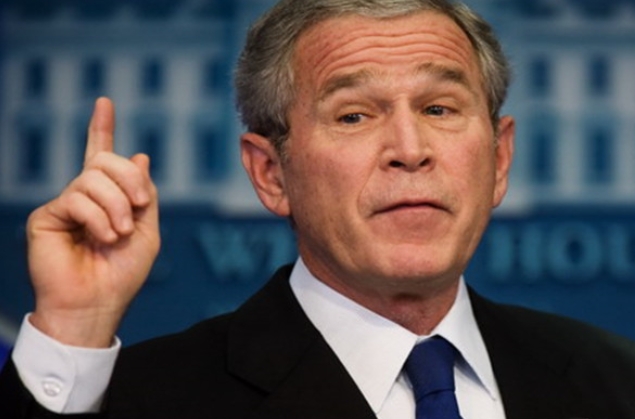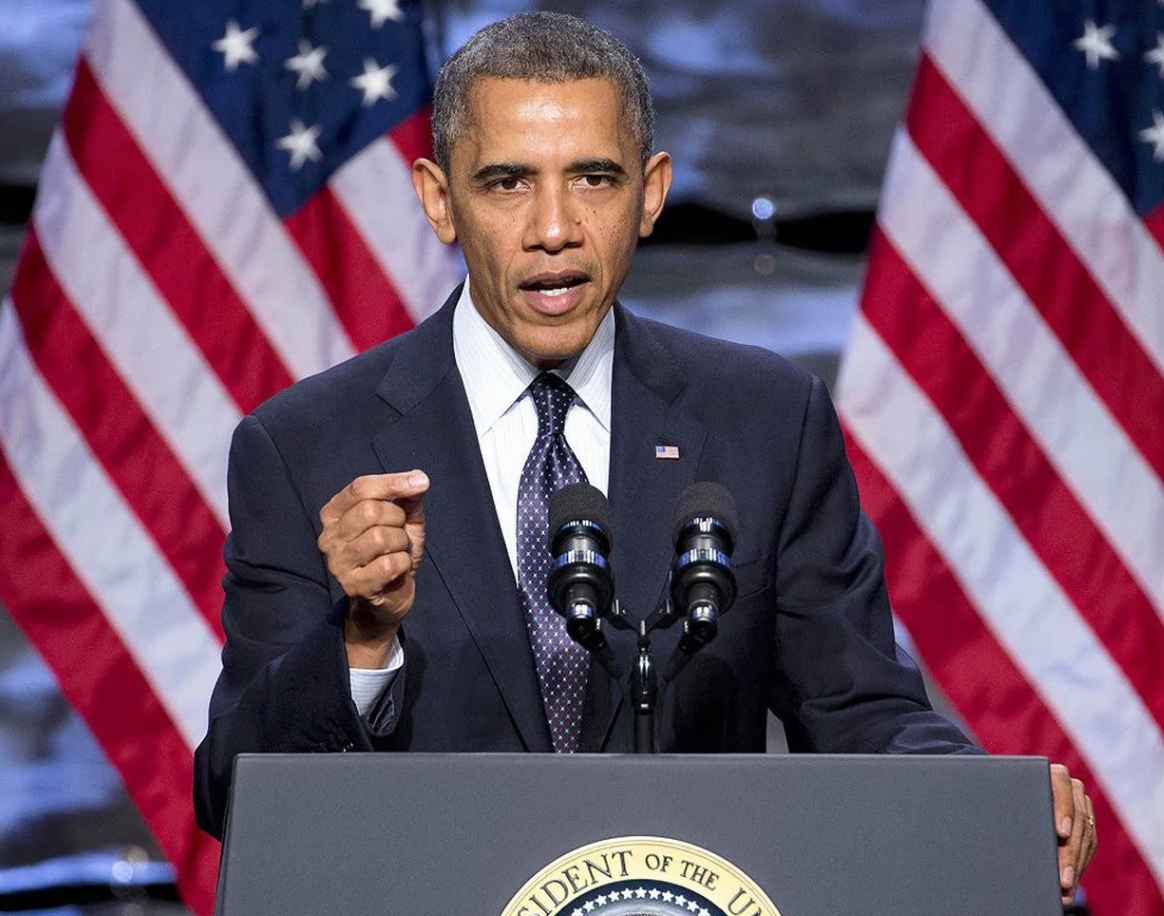Media: Sri Lanka does not want to distance itself from China and has lifted the ban on foreign research vessels

Ending a year-long ban, Sri Lanka will now craft new protocols determining how it authorizes foreign research vessels and planes to enter its maritime territory, a shift experts attribute to Colombo's desire to "avoid alienating China" despite pressure from India.
Since January 2024, Sri Lanka had barred any foreign research vessels from entering its territorial waters.
The decision to reverse the policy – which comes amid ongoing Indian saber-rattling against Chinese research activities in the region – "is an effort to find a middle ground" despite pressure from India, one expert said.
Sri Lanka's Foreign Minister Vijitha Herath confirmed in late December that the government will now work with regional and international stakeholders to develop a standard operating procedure (SOP) for foreign research vessels and airplanes entering the country's maritime territory.
According to Herath, the SOP for research activities will consider international best practices, national security issues, and national interests. Herath did not specify a timeline for the SOP, telling reporters only that it would take a "relatively short period of time." Until then, he said, foreign vessels won't be allowed into Sri Lankan waters.
While the year-long ban appeared to have eased tensions with India, Sri Lanka's government nonetheless decided to rescind it. The policy reversal indicates that Sri Lanka will now focus on regulating, rather than banning, maritime activities.
Frederick Greer, a senior fellow at the Australian National University's National Security College, said Sri Lanka's decision to rescind the ban was "a classic example of how states seek to maximize their agency by not aligning too closely with major powers."
"I imagine the country would draft the rules in a way that causes the least friction with India," Greer said, adding that having a standard rule in place would "give Sri Lanka a way to easily deal with requests from both India and China."
This sentiment was echoed by Shankarpanth Gurgale, an assistant professor at India's Gokhale Institute of Politics and Economics, who said "Sri Lanka wants to avoid being caught in a web of Chinese-Indian competition." According to Gurgale, the "Sri Lankan state does not want to alienate Beijing, so it wants to find a middle ground," but that "an easy answer does not exist for the small island state."
He cited data showing that India is one of Sri Lanka's historic partners and that it gave Colombo more than $4 billion in economic aid during the country's financial crisis. He also noted that China is a strong Sri Lankan ally and accounted for 11.9% of the country's foreign trade in 2023.
Satya Murthy, an Indian policy analyst and political commentator, also said that the policy reversal indicates Sri Lanka is trying to exercise its autonomy in deciding whether to grant access to research vessels. But the Indian analyst argued that rather than looking "towards a distant China," Sri Lanka "must work on its historical ties with India."
India has been highly vocal about its concerns over Chinese research vessels operating in the region, accusing the vessels of spying on the country. Experts say these concerns, while valid, are often exaggerated, with India sometimes using its maritime claims to assert greater influence over its neighbors.
In August 2022, China's "Yuanwang 5" research vessel docked in Sri Lanka's deep-sea port of Hambantota – an event India heavily reported and viewed with alarm. The docking was preceded by a statement from Sri Lanka's foreign ministry saying it had considered "all material" before granting permission to the Yuanwang 5.
But in a statement, the Indian foreign ministry expressed no objection to Sri Lanka's actions, saying that the country was a "sovereign state" that "could take its own decisions." However, the statement added that India would "continue to follow [matters] closely that impact its important security and economic interests."
In October, India once again raised objections about a Chinese research vessel – the "Experimental 6" – entering Sri Lankan waters, after Colombo gave the ship permission to dock in Colombo Harbor and carry out research off the country's west coast for 48 hours.
In the lead-up to and after Sri Lanka's announcement in late 2023 to restrict foreign vessels, Japan also took a keen interest in the issue, saying that its focus was on capacity-building for Sri Lankan maritime scientists. According to the South China Morning Post, during the year-long ban, Japan finalized a plan to provide Sri Lanka with a vessel equipped with underwater sonar to help it spot other vessels.
Although this appears to violate the ban, Greer said that it is probably an issue that Colombo will not take seriously since it is a "non-operational research vessel" being used to build Sri Lankan capacity.
Germany also appears to have been afforded an exemption to Sri Lanka's rules when the "Sonne," a German research vessel, crossed Sri Lankan waters and was given permission to dock in Colombo harbour for refueling and rest in March. According to Sri Lanka's foreign ministry spokesperson, the country will grant research vessels access to its ports to refuel and acquire supplies.
The German vessel's case is indicative of how difficult implementing a research vessel ban may be, and it explains why Sri Lanka's government wants a standardized approach in place.
As for why Sri Lanka has chosen to ease the ban despite Indian pressure, Greer said that "India cannot push Sri Lanka too hard." Even if Sri Lanka is under pressure from India, "it does not want to alienate China. Sri Lanka understands the limits of its agency and will try to find a path that allows it to maximize its freedom of maneuver."
In early 2024, when Indian officials pressured the Sri Lankan government, China's foreign ministry spokesperson stressed that Sri Lanka is a sovereign state and that its decision to restrict foreign research vessels was in line with its "national development interests." The spokesperson said that Sri Lankan decisions have nothing to do with China and that China is "committed to carrying out friendly and cooperative cooperation with Sri Lanka."
The foreign ministry spokesperson also said that China expects relevant parties to respect Sri Lanka's decision-making and not "interfere" in Sri Lanka's independent and normal external contacts.
 Famous Persons
Famous Persons English
English
 Smith
Smith Facebook
Facebook Twitter
Twitter Pinterest
Pinterest Linkin
Linkin Email
Email Copy Link
Copy Link










